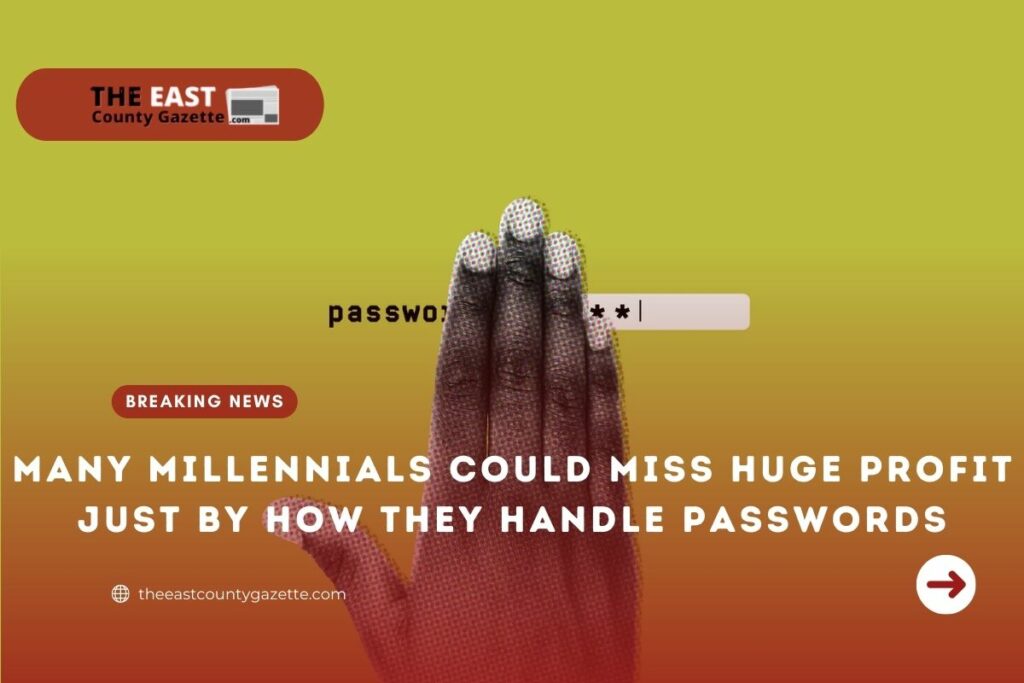Since COVID-19 became widespread, many American millennials have begun planning their estates. However, a new study from Toronto-based security and privacy provider 1Password suggests many of them might not have their parents’ complete and necessary digital information if they pass away.
Millennials aged 25-40 years old aged 25-40 years old were surveyed by 1Password in for its Great Wake Up Call Report, in partnership with Trust & Will and Willful.
It aimed to find out how this generation secures important documents and passwords, as well as stores and transfers digital assets.
Over two-thirds (68%) of millennials don’t have a will, and less than one-third (33%) have indicated how they would like their electronic accounts handled after they die.
Only 3% of wills created or updated by American millennials in the past year contained online passwords, even though almost three out of four (72%) of them had wills.
Most of us still secure sensitive documents the old-fashioned way.
The majority of millennials (81%) said they keep significant documents, including their birth certificates, in a physical location, such as a lockbox, safe, or filing cabinet.
In terms of online security, 51% of respondents said they remember their passwords, while 25% keep them written down. Meanwhile, twenty percent of respondents use password managers.
In the United States, nearly half of millennials (57%) believe that granting their executor access to their social media accounts is more significant than sending emails, paying for subscriptions, or shopping at Amazon.
The majority of respondents (67%) still place a high priority on sharing credentials to banking/financial accounts.
Parent-to-child conversations are still challenging for millennials. The majority of respondents (52%) said they never discussed digital handovers with their parents or cannot recall having such a discussion.
According to six in ten respondents who have executed wills, accessing the accounts of the deceased is more difficult than expected.
Specifically, only one in three respondents (36%) know or have access to the passwords of their parents’ online accounts, despite the fact that more than half (51%) will be responsible for managing their parents’ wills.
Two out of five respondents (41%) said they shared passwords on a written list, while 39% said they shared passwords verbally, and 25% said they shared passwords via email, cloud Google Docs, PDF, or a similar platform. In an ironic twist, sharing your password with loved ones becomes increasingly important to ensure they have access to your digital legacy after you pass.
Read More: Build Back Better Would Send Monthly Payments By 2022! Fourth Stimulus Check Update
CEO Jeff Shiner of 1Password states: “Millennials especially are facing the brunt of these shifting pressures, as they’re balancing responsibilities for their own growing families while also caring for aging parents. Transition plans have long been a taboo topic, but it’s time to destigmatize these discussions and ensure our digital lives are in order, so the responsibility doesn’t fall on others.”
With the COCID-19 pandemic, we’ve become more conscious of our mortality, and we’ve been considering how to ensure the smooth handover of our estates – especially given the increasing use of digital platforms.

